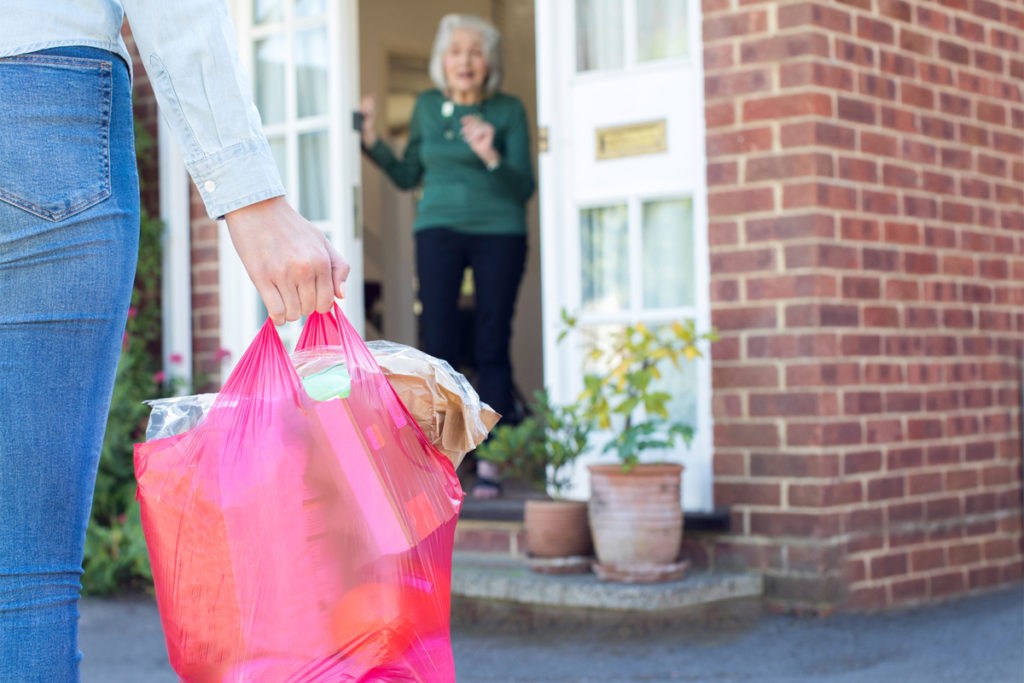
I was fortunate to have long-lived parents. In their later years when physical decline had set upon them, time together was lived in the present. We focused on what they could do, not what they couldn’t. They taught, I learned.
I learned about positive attitude, about strength of spirit, of the importance of slowing down and finding beauty in the simplest of things. They taught of the immense pleasure you can give others by being kind. They showed me to look closely, to look past the facade of age or confusion to see resiliency and to acknowledge effort. Their lessons lasted until their death, and then beyond. I miss them.
As other family and friends age, I cherish them. While nothing is sure, in many cases the odds are I will have to go on without their smiles, laughter, special memories and thoughtful reflections; a daunting thought. Such is the natural way of life’s transitions. It does however, make one cherish the moment.
A tragedy of the pandemic has been the loss of so many elders. Take Michigan as an example. While 36% of all Michigan Covid-19 cases affected people over age 60, 87% of the deaths were people over 60. Berrien County is worse. Here, 39% of positive cases affected people over age 60, with a whopping 92% of the deaths falling in this age group. Nationwide, Michigan rates fifth worst in the number of nursing home deaths.
A downside of age is the propensity for chronic illness. We’re living longer than we used to, making the prevalence of chronic disease more common than in younger years. Chronic disease can be managed, life is good. Prevalence of respiratory conditions put older persons at higher risk of serious Covid-19 impact, though it’s clear no age group is immune.
The pandemic caught all by surprise and has shown the vulnerability of multiple populations. We’re scrambling to learn, act and find means of correcting high risk circumstances.
Covid-19 is not like the flu where sick people feel sick and their contagion is more easily recognized. How sinister that people can feel healthy and yet be contagious; unwitting carriers without knowing it.
What alarmed me was a shocking moment watching the news when a Governor declared himself 70-years old and announced he would die for his kids, giving a clear message that older people should just die if at risk and not burden others with trying to protect them. Wait, what?
In charitable thought I could attribute the statement to a spirit of love for his kids and worry for their economic future. The harshness and dismissal of human life however, overran charitable thought.
At a certain age, are we suddenly worthless? No, it’s so wrong. What’s next? Persons who can’t afford to live in housing that accommodates social distancing should be crossed off? How about people with disabilities or health conditions that make them vulnerable – don’t worry about it?? I don’t think so.
The sense of community is a bond that serves all well. Whether it’s Covid vulnerability or the racial inequities now spotlighted for action, we each are a single component of a whole and have responsibility. When we work to protect all equally, when we take action to find solutions to inequities, when we recognize our personal responsibility, this is what makes community.
